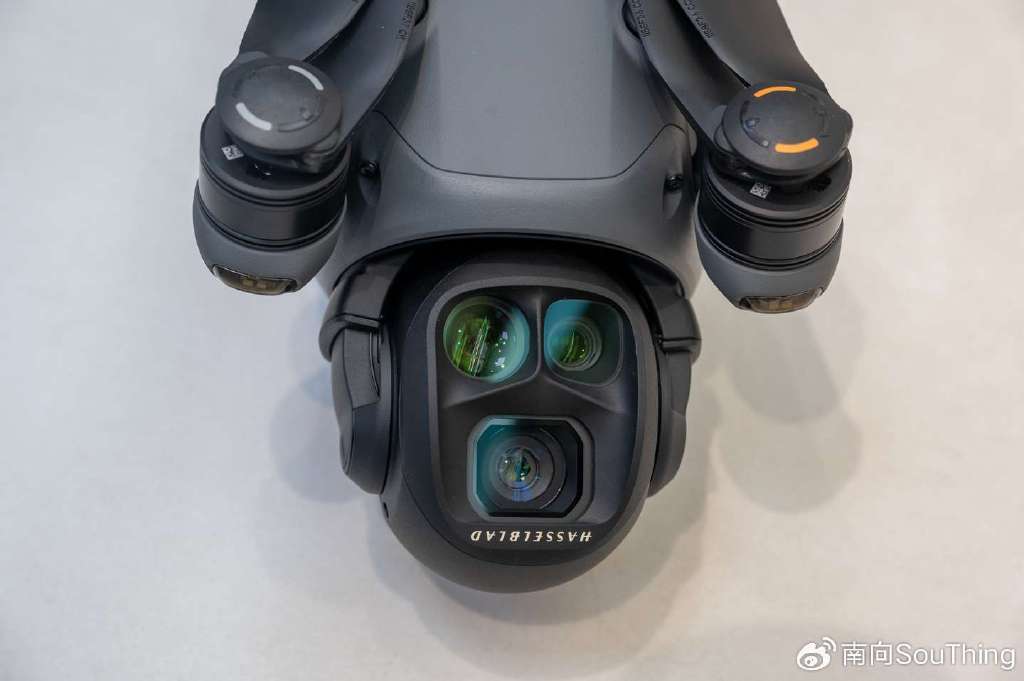In today’s rapidly evolving technological landscape, obtaining a drone certification can greatly enhance your career prospects. Whether you’re an aspiring drone pilot or a seasoned professional, certification serves as a validation of your skills and knowledge, distinguishing you from your peers. The use of drones spans various industries including agriculture, surveillance, photography, and delivery services. Thus, understanding the nuances and acquiring certification can play a pivotal role in career advancement.
Why Pursue Drone Certification?
The significance of drone certification cannot be overemphasized. A certified operator is perceived as competent, reliable, and dedicated to the standards of professionalism. This certification, often sanctioned by federal aviation bodies, is essential in meeting regulatory requirements. Furthermore, certification equips you with the tools necessary to navigate the complexities associated with commercial drone operations.
Types of Drone Certification
- Part 107 Certification: This certification is fundamental for individuals intending to operate drones commercially. It is overseen by the Federal Aviation Administration (FAA) and mandates a comprehensive examination testing knowledge on airspace regulations, safety guidelines, and operational procedures.
- Specific Skill Certification: Some institutions offer certification focused on specialized skills such as aerial photography or drone surveying. These enhance your proficiency and render you more attractive to niche industries.
- Advanced Operational Training: Targeted at experienced pilots, these certifications delve into complex maneuvers, enabling operations in challenging environments and for specific functions.
The Process of Certification
The journey toward drone certification begins with selecting a program that aligns with your career goals. Enroll in accredited courses where you receive hands-on training, classroom instruction, and access to simulators. These programs are designed to bolster your understanding and application of drone technology. The culmination of these classes generally leads to an examination, which upon passing, awards you the certification.
Increasing Your Career Prospects
Possessing a drone certification exponentially increases your employability. Industries such as real estate, construction, and environmental conservation actively seek certified operators for roles ranging from aerial inspection to creative media tasks. These opportunities offer both lucrative salaries and the chance to be at the forefront of technological innovation within your field.
Staying Updated with Drone Technology
The drone industry is characterized by its rapid progress. Regular updates in hardware, software, and operational guidelines necessitate continuous education. Advanced certifications often require renewals and additional training, ensuring that certified professionals remain adept with the latest developments. Engaging in workshops, seminars, and networking events further provide insights into emerging trends and technology.
FAQs
Do I need a license to fly a drone?
Yes, for commercial purposes, obtaining a Part 107 certification from the FAA is required. Recreational use typically requires adherence to specific guidelines but not formal certification.

What are the prerequisites for drone certification?
Prospective candidates must be at least 16 years old, proficient in English, and able to pass a TSA screening. It’s also recommended to have a fundamental understanding of drone flight principles.
How often should certification be renewed?
To maintain the validity of your certification, renewals are required every two years, with reexamination to ensure compliance with updated regulations.
